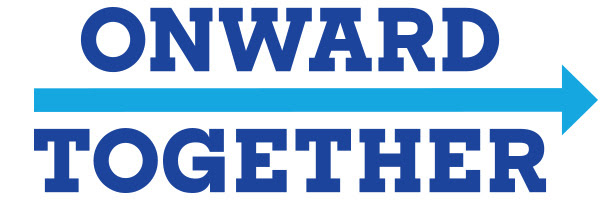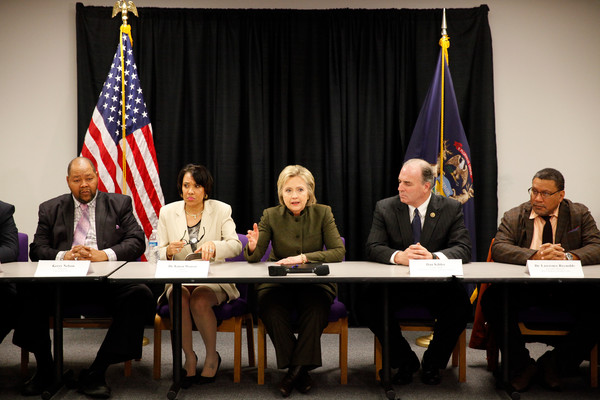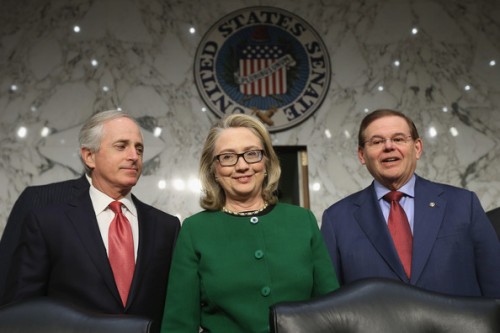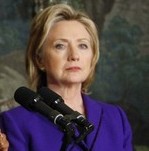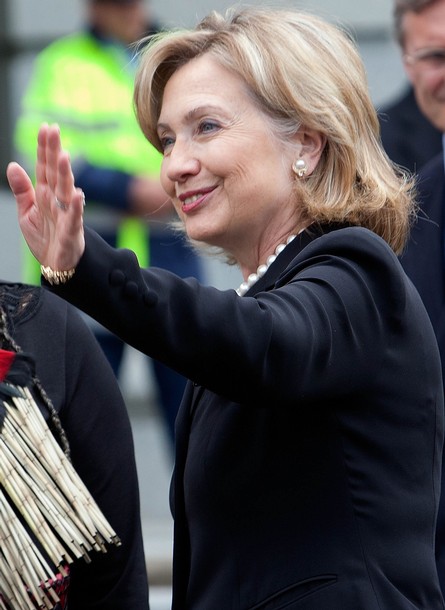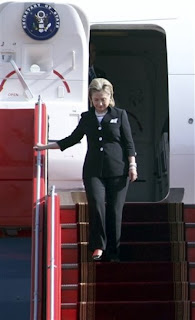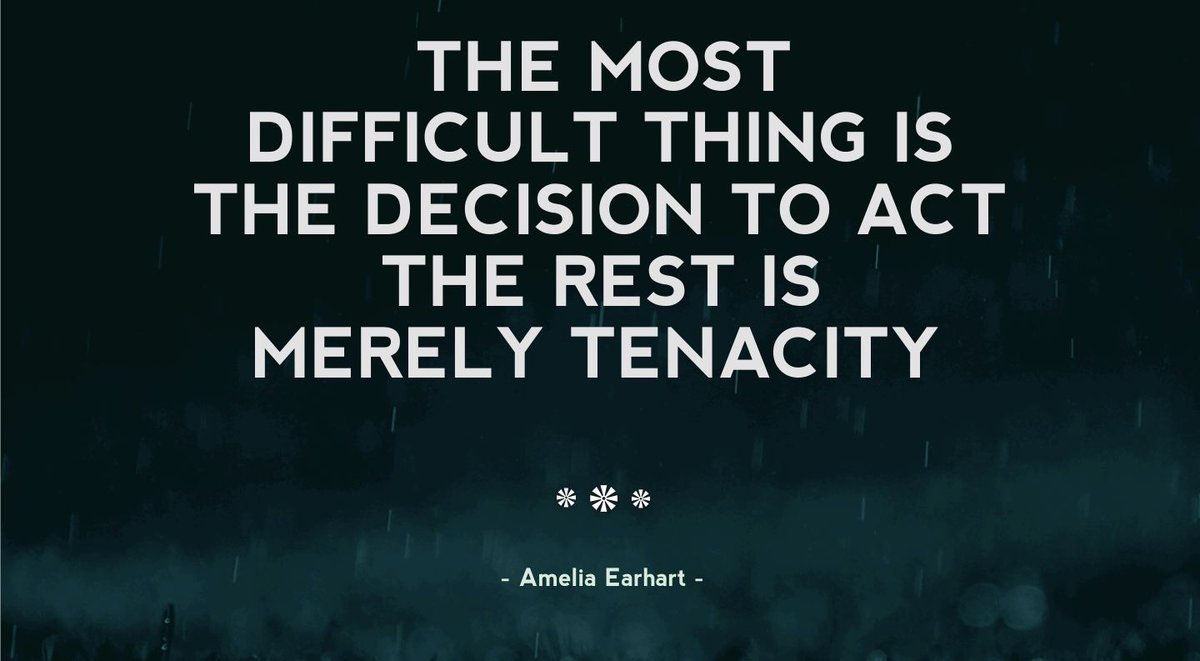Remarks on the situation in Algeria are included in the lead-off.
Remarks With Japanese Foreign Minister Fumio Kishida After Their Meeting
Remarks
Hillary Rodham Clinton
Secretary of StateBenjamin Franklin RoomWashington, DCJanuary 18, 2013
SECRETARY CLINTON: Good afternoon, everyone, and welcome to the Ben Franklin Room here in the State Department. And of course, let me warmly welcome the Foreign Minister here for the first time in this new capacity on behalf of the new Government of Japan.Before we start, I’d like to say a few words about the situation in Algeria. The United States extends our condolences to all the families who have lost loved ones in this brutal assault, and we remain deeply concerned about those who remain in danger. I spoke with the Algerian Prime Minister again this morning to get an update on this very difficult situation and to underscore, again, that the utmost care must be taken to preserve innocent life. We are staying in close touch with our Algerian partners and working with affected nations around the world to end this crisis.
More broadly, however, it is absolutely essential that we broaden and deepen our counterterrorism cooperation going forward with Algeria and all countries of the region. I made clear to the Prime Minister that we stand ready to further enhance the counterterrorism support that we already provide. We have been discussing this with the Algerian leadership both when I traveled to Algeria this past year in October specifically to discuss counterterrorism issues, and again when Deputy Secretary Burns visited as the head of an interagency delegation in November. As the Foreign Minister and I discussed, we must all remain vigilant in our efforts to combat violent extremism and terrorism around the world.
Now, when I became Secretary of State nearly four years ago, I broke with tradition and took my first overseas trip not to Europe but to Asia, because I recognized that America needed to reengage in the region where much of the history of the 21st century is being and will be written. And there was no question as to which country I would visit first on that trip. It was Japan. As I said when I arrived in Tokyo, our alliance with Japan remains the cornerstone of American engagement in the region.
After four years and many more trips across the Pacific, our countries enjoy unprecedented collaboration. We address regional issues from North Korea to those in ASEAN, we meet global challenges together from Afghanistan to Iran, and we worked to respond to the earthquake and tsunami. Our people have stood side by side, and we have strengthened this alliance which has endured for more than six decades.
So as my time as Secretary of State comes to an end, I want to thank the people and leaders of Japan for their partnership and commitment to this alliance. And I want to thank you, Foreign Minister, for a final opportunity to discuss our many shared concerns. And we had a broad-based, comprehensive discussion. We started down the list and kept going.
On North Korea we shared our joint commitment to strong action in the UN Security Council. I also assured the Foreign Minister that we would continue to support Japan’s efforts to return Japanese citizens who have been abducted by the DPRK. With regard to regional security, I reiterated longstanding American policy on the Senkaku Islands and our treaty obligations. As I’ve said many times before, although the United States does not take a position on the ultimate sovereignty of the islands, we acknowledge they are under the administration of Japan and we oppose any unilateral actions that would seek to undermine Japanese administration and we urge all parties to take steps to prevent incidents and manage disagreements through peaceful means.
We also discussed how we can do more to strengthen our already strong alliance. We discussed base realignment issues. We both want to reduce the impact of our bases on host communities while maintaining the ability to defend Japan’s territory and people and preserve stability and security. We are confident that we can make progress on force realignment in Okinawa, including moving ahead with construction of the Futenma replacement facility.
We also discussed the Trans-Pacific Partnership and we shared perspectives on Japan’s possible participation, because we think this holds out great economic opportunities to all participating nations.
We also covered an issue important to both of our nations’ people, the Hague Abduction Convention that allows parents to seek a lawful, timely, and just resolution when a child is abducted by the other parent. And we hope that there will be action in the upcoming session of the Diet to pass the necessary legislation.
Now, I am very pleased to announce that we have extended an invitation to Prime Minister Abe to come to Washington to meet with President Obama in the third week of February. And there will be a lot of work to do between now and then to ensure that this high-level summit is extremely successful for both of our governments and our nations. But again, Foreign Minister, thank you for making this very early trip here and for your continuing commitment to our alliance.
FOREIGN MINISTER KISHIDA: (Via interpreter.) Secretary Clinton, thank you for those words. If I may, allow me to make a few comments. Upon the kind invitation from Secretary Clinton, I have come here on my first visit to the United States after the change of government had taken place in Japan. At the outset, I would like to touch upon the abduction incident that occurred in Algeria, the hostage-taking of foreign nationals in Algeria.
First of all, prior to my meeting with Secretary Clinton, because of the arrangements kindly made by the security, intelligence brief was given to me on this incident. Upon receiving that briefing, I embarked upon the bilateral meeting, and on that occasion I told Secretary Clinton that first of all, Japan takes the position that terrorism is definitely intolerable and impermissible and explained the position of the Japanese Government that the Government of Japan has been requesting the Government of Algeria to place utmost priority on ensuring the safety of the lives of the hostages.
We have been conducting collection of information and the Secretary and I agreed that the Japan and the United States will continue to collaborate in all areas, including information collection. We expect that we will continue to seek the cooperation of the United States in various areas pertaining to this incident. Having been able to directly discuss the issue with the Secretary to confirm that our positions are aligned was extremely valuable.
And in the meeting, we mainly discussed the foreign policy of the Abe Administration. I explained the foreign policy and security policies to Secretary Clinton and conducted candid exchange of views on the direction of strengthening the Japan-U.S. alliance.
While the security environment is becoming ever more challenging in the Asia Pacific, in order to ensure regional peace and stability, the Government of Japan recognizes that close Japan-U.S. cooperation in all areas is indispensible. The new government positions the strengthening of the bond of the Japan-U.S. alliance as the cornerstone of our foreign policy. In light of such view, we welcome the strategy of the United States of placing focus on the Asia Pacific. Secretary Clinton and I confirmed the necessity for Japan and the United States to cooperate closely to ensure peace and stability in the region.
Further, as was already mentioned by Secretary Clinton, we received the invitation for Prime Minister Abe to visit the United States during the third week of February. We truly hope that at the Japan-U.S. summit will clearly manifest the importance of an even stronger Japan-U.S. relations and we confirmed the necessity to accelerate preparations on both sides of the Pacific.
On the security front, Japan is prepared to fulfill our responsibility along with the United States for the peace and stability of the Asia Pacific. While reinforcing Japan’s own defense capabilities, in order to further upgrade deterrents presented by the Japan-U.S. security regime, we shall promote the Japan-U.S. security and defense cooperation in wide-ranging areas, and I have conveyed this strong determination of Japan to Secretary Clinton.
On the realignment of U.S. forces in Japan, the new Japanese administration intends to follow the currently existing Japan-U.S. agreement and maintain deterrents while at the same time reducing the impact on Okinawa. Both Japan and the United States will expedite the work to come up with a plan for consolidation of facilities and areas in Okinawa. Such fundamental concept was also explained by our side to Secretary Clinton.
And on the economic front, Secretary Clinton and I confirmed the importance of promotion of free trade and investment and cooperation in such areas as energy. On TPP, I explained the view of the new government and the debate ongoing currently in Japan and confirmed with the Secretary that we will maintain close contact on this matter.
Further, on the situation in the Asia-Pacific region, first of all, with regards to China, the Japan-Sino relationship is one of the most important bilateral relationships for our nation. The Abe Administration intends to respond from a broad perspective towards promotion of mutually beneficial relationship based on common strategic interest to China, and I conveyed that policy of Japan to the Secretary.
Further, while Japan will not concede and will uphold our fundamental position that the Senkaku Islands are an inherent territory of Japan, we intend to respond calmly so as not to provoke China. I conveyed to Secretary Clinton that Japan very much values the commitment shown by the United States over the Senkaku Islands based on the Japan-U.S. Security Treaty and the commitment that the United States will go against any unilateral action that will infringe upon the administration rights of Japan.
As for Japan’s ties with the ROK are concerned, I indicated our determination to further deepen our relationship with South Korea, taking the opportunity of birth of new governments in both Japan and South Korea.
On North Korea, we confirmed that close collaboration be continued between Japan and the United States, as well as between Japan, United States, and South Korea. Specifically referring to the missile launch last December, we agreed to continue with our close cooperation so that the United Nations Security Council takes effective measures as expeditiously as possible.
Further, I explained to the Secretary how seriously the new administration is taking with the abduction issue, and sought continued understanding and cooperation by the United States. Secretary Clinton responded by saying that the United States supports the resolution of the abduction problem.
Syria, Iran and other global challenges were raised at the table, and we confirmed the necessity to continue close collaboration on these issues as well.
Thank you for your kind attention.
MS. NULAND: We’ll take two questions today. We’ll start with CNN. Jill Dougherty, please.
QUESTION: Madam Secretary, thank you. We know that there are U.S. citizens being held hostage in Algeria. Is there anything that you can please tell us more specifically about their condition, their status? How confident are you that you can get them out?
And there’s significant criticism coming from this Administration and from others, the Europeans, about what some are referring to as a pretty brutal operation. You had no advance notice of that operation either before it started, as far as we understand. Should Algeria have accepted military help from the United States to carry out this mission?
SECRETARY CLINTON: Well, Jill, when I spoke with the Prime Minister again this morning, I urged the utmost care be taken in the protection of the hostages, Algerian and expatriate foreign hostages. He made clear that their operation was still ongoing, that the situation remained fluid, that the hostages remain in danger in a number of instances. But in interest of their security, I am not going to provide any further details at this time.
As I said yesterday and at the beginning here today, this is an extremely difficult and dangerous situation. No one knows better than Algeria how ruthless these groups are. After all, they fought a very terrible war against them for a number of years, with great loss of life. So we are staying in close touch with our Algerian partners and working with affected nations like our Japanese friends around the world to help end this crisis.
But let’s not forget this is an act of terror. The perpetrators are the terrorists. They are the ones who have assaulted this facility, have taken hostage Algerians and others from around the world who were going about their daily business. And it is absolutely essential that while we work to resolve this particular terrible situation, we continue to broaden and deepen our counterterrorism cooperation, something that the Foreign Minister and I discussed at some length. It is not only cooperation with Algeria, it is international cooperation against a common threat.
And that’s one of the reasons why I went to Algeria in October, why we have been working with a number of the countries in that region to help them improve their counterterrorism capabilities. It’s why I launched the Global Counterterrorism Forum. We will not rest until we do as much as we can, alone and in concert with our partners, to restore security to this vital region and to bring those who would terrorize and kill innocent people to justice.
So we are going to follow this very closely and we are going to do everything we can, working with our partners, to help resolve it. And then when finally we have brought that to a conclusion, working with others, we have to look to see what more needs to be done in order to protect everyone from these ongoing threats from these very dangerous extremists.
MS. NULAND: Last one today, from (inaudible) Matsumura from Yomiuri Shimbun, please.
QUESTION: (Via interpreter.) I have a question to Secretary and Ministry. China is becoming ever more active in Senkaku Islands and the surrounding area. The missile launch by DPRK also manifests the ever more challenging situation and security environment in the region. In order to enhance the alliance between Japan and the United States, how do you intend to overcome the pending issues between the two countries, such as Futenma relocation, The Hague treaty, and TPP? And how do you intend to utilize the gains from this foreign ministerial meeting to the future of these two – the relationship between the two countries?
FOREIGN MINISTER KISHIDA: (Via interpreter) Then if I may take the floor, first of all, first and foremost, the security environment in the Asia Pacific region is becoming ever more challenging and difficult, and in order to ensure the peace and stability of the region, we not only need to closen ties in the areas of economy and security, but in all areas such as culture and people-to-people exchange to reinforce Japan-U.S. alliance.
On the security front, it is necessary that we further uplift the level of deterrence under the Japan-U.S. security regime. We will coordinate with the strategy of the United States, placing focus on the Asia Pacific to further enhance cooperation in this area.
On the economic front, both Japan and the United States place importance on promotion of free trade as well as cooperation in the area of energy. And today, I was able to confirm the importance of these points with Madam Secretary. On TPP, I have utilized this opportunity to communicate to Secretary Clinton the views be held by the new administration. We confirmed that Japan and the United States will continue to keeping close contact as we tackle this issue.
Further, on the security front, if I may add one other point related to security, on Futenma, Futenma should never become a permanent base. So under the policy of maintaining deterrence while at the same time reducing the impact on Okinawa, we will work together towards the realignment of U.S. forces in Japan, based upon such policy.
Further, the following point was confirmed with Madam Clinton, and the signing of the Hague Convention is of great importance. The Government of Japan is intending to go through the necessary procedures for early signing of the treaty. By taking steady steps towards the implementation of these measures shall lead to further reinforcement of the Japan-U.S. relationship, and that, in turn, I believe, will lead to the stability and prosperity of the totality of the Asia-Pacific region.
On the occasion of the Prime Minister’s visit to the United States, we truly hope that his visits will be extremely productive in covering all of these areas, and Japan and the United States will continue to closely collaborate.
Thank you.
SECRETARY CLINTON: Well, I will echo what the Minister said about the very extensive agenda that we will be working on to prepare for the summit meeting between the two leaders. There are so many issues of bilateral, regional, and global importance where the United States and Japan work together, cooperate, and we will have a full review of all of those important matters.
As I said at the outset, we certainly discussed the Senkaku Islands today. And I reiterated, as I have to our Chinese friends, that we want to see China and Japan resolve this matter peacefully through dialogue, and we applaud the early steps taken by Prime Minister Abe’s government to reach out and begin discussions. We want to see the new leaders, both in Japan and in China, get off to a good start with each other in the interest of the security of the entire region.
And we have also, as I said earlier, made clear that we do not want to see any action taken by anyone that could raise tensions or result in miscalculations that would undermine the peace, security, and economic growth in this region. So certainly, we are hopeful that there can be an ongoing consultation that will lower tensions, prevent escalation, and permit China and Japan to discuss the range of other issues on which they have important concerns.
Thank you all very much.
MS. NULAND: Thank you all.
###
















